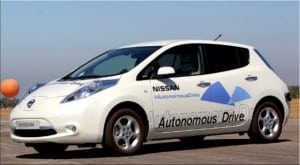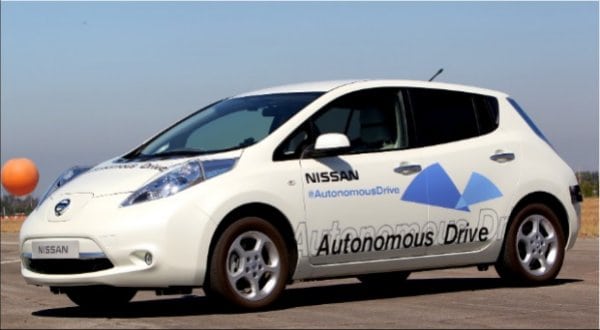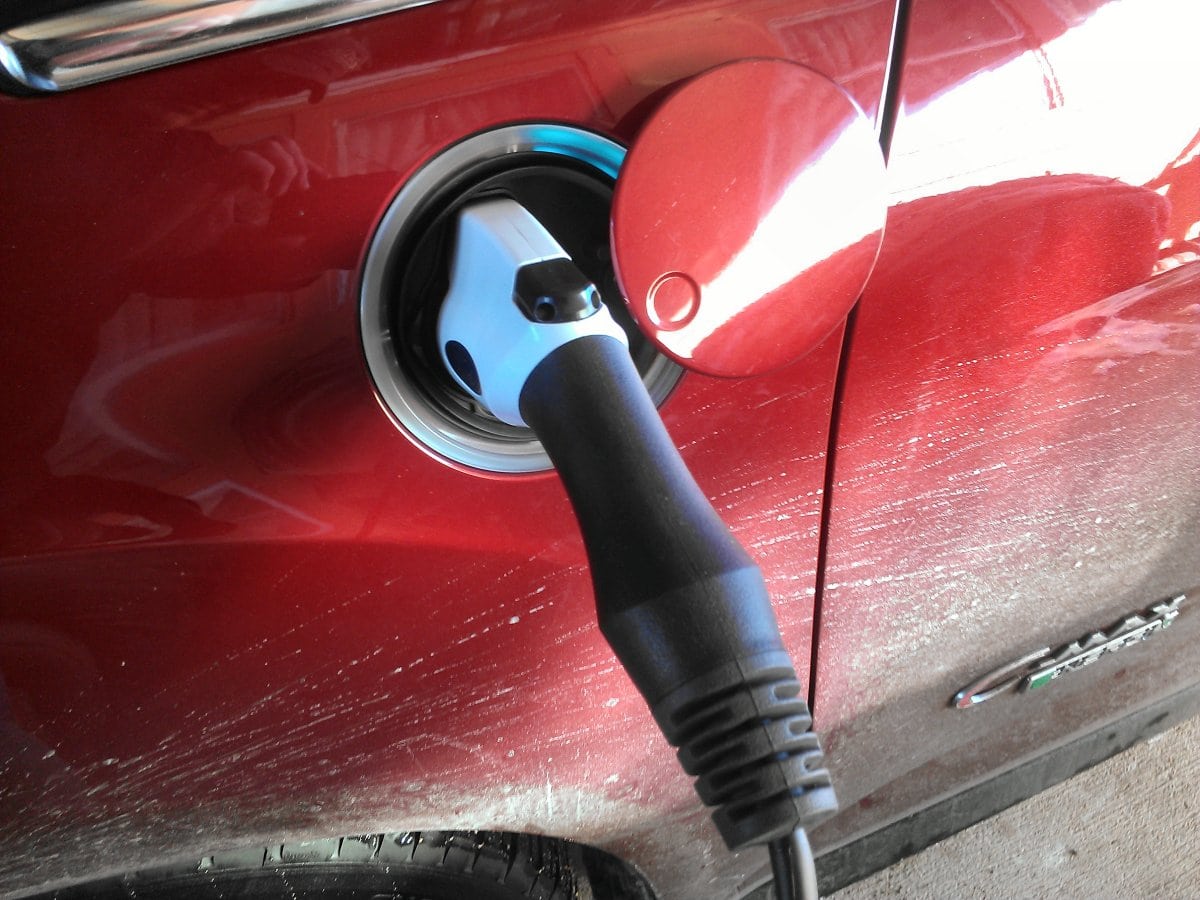Many people within motoring circles know the future is with driverless cars or “autonomous” cars. They are something that some folks would not have thought possible using today’s technology.
It’s no secret that tech companies and car makers have been working on driverless cars for many years. The most famous example has to be search giant Google. They have been trialling the technology on existing cars in San Francisco.
 Swedish firm Volvo is experimenting with driverless cars on the streets of Gothenburg. The company aims to sell driverless cars in 2017.
Swedish firm Volvo is experimenting with driverless cars on the streets of Gothenburg. The company aims to sell driverless cars in 2017.
But what about the United Kingdom? We know that some groups have been working on their own prototypes.
The downside is that they can only test their cars out on private test tracks. In Britain, it is illegal to drive a car on the road without being in complete control of it. You also need a licence and be fit to drive the car too.
That is bad news for Britain, a nation that prides itself on being technology leaders rather than followers!
The good news is that the tides of change will soon get rid of this obstacle. I read with interest reports in the media about how Vince Cable, the UK’s Business Secretary, is going to resolve this problem.
2015 trial
As of January 2015, up to three cities in the United Kingdom can trial driverless cars on public roads. Technology companies and those with a vested interest will be able to apply for a share of the £10 million grant up for grabs.
Each “project” has a time limit of between 18 months and three years. Transport Minister Claire Perry says the technology can “transform the UK’s transport network.”
Criticisms
Driverless cars are a concept that scares a lot of folks. After all, you are putting your faith in a computer to get you from A to B! But the truth is, autonomous technology is already in use in today’s transport networks.
Mark from the Pentagon-Group says that London’s Docklands Light Railway is autonomous. There are no drivers controlling the trains on it! At Heathrow Airport, driverless “pods” transport airport users from Terminal 5 to its car park.
Some might say that public transport system usage is different to road networks. But millions of people use both each year. So what are the main criticisms to driverless cars? They are as follows:
- *Manual control – if the technology fails, can drivers still control their cars themselves?
- *Safety – who decides what driving parameters are “safe”?
- *Intelligence – can a driverless car learn how to drive you across unmarked roads?
- *Emergencies – if an obstacle appears in front of you, how quickly can the car react to it?
As you can see, there are several criticisms and hurdles that driverless car technology needs to overcome. No-one can doubt that autonomous car technology is exciting, but does it have a place in today’s motoring world? Or is it too futuristic for the road users of today? Only time will tell!







